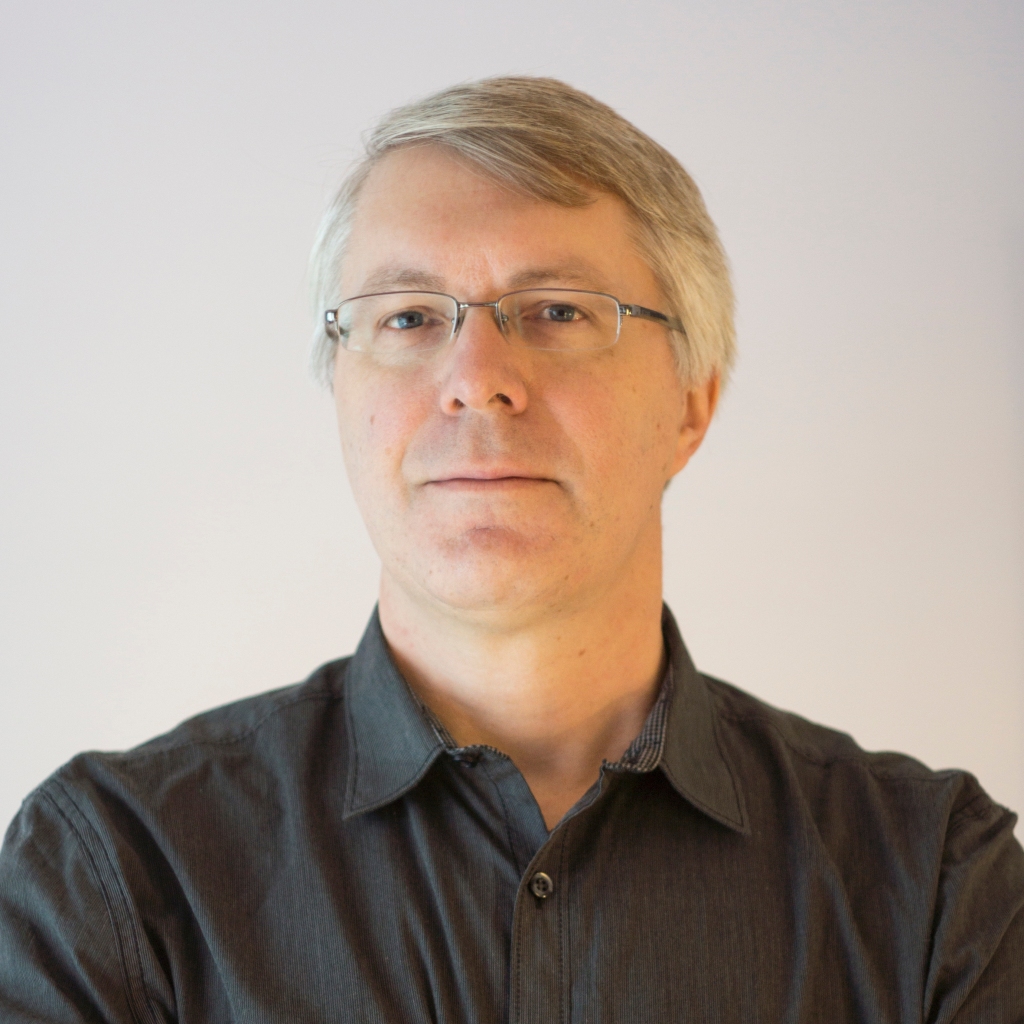In this series, editors share their experiences, insights, and tips on the practical aspects of working as an editor. Previously in “Editors Advise” we’ve covered such topics such as training, resources, and professional development for editors. Part 2 of this instalment is a continuation of Part 1: Four more editors share their thoughts on finding in-house work.
What advice would you give to editors hoping to work in-house?
Josephine Mo, acquisitions editor at Canadian Scholars & Women’s Press
My path into publishing was not a linear one. I made a leap of faith to quit my former job, go back to school, and pursue my dream work—with books and people who love them. I’m so grateful to be working today as an acquisitions editor at an educational press.
Here are some things that helped me on my journey to find in-house work:
- Ask questions. Informational interviews are a great way to learn about the industry, form connections, and discover what sparks your interest. You could reach out to people doing the work you aspire to or working at a publisher/company that you want to join. If you’re not sure what path you want to pursue, you could interview editors in a range of settings. I was fortunate to secure these interviews during an internship, but my impression has been that most editors are quite generous with their time and insights. When you do get a “yes,” show up with questions but also be flexible and follow the flow of the conversation. I asked questions like: How did you start in publishing? What are your favourite and least favourite parts of your work? Is there anything you would have done differently in your publishing career? What advice would you have for someone who wants to get into publishing?
- Do your research. If you’re offered a job interview, I recommend spending at least one hour researching the publisher. Go through their website. Check out their catalogue. Find out how they got started and where they are now. Be interested in at least three of their books and learn enough about them to explain why. This seems like such a basic task but doing it will truly make a difference in your interview.
- Start small. I started in publishing through paid internships, volunteering, and contract work. The latter led me to full-time work and my position today! If you can afford to, I think it’s a great idea to start with a “small” or temporary opportunity and make the most of it. Do your best, learn as much as you can. You may realize that you don’t enjoy a certain type of work and adjust your job search accordingly. Or you could shine and make a memorable impression that earns you first place in line for the next job opening!
John Sweet, freelance editor
The only advice I can offer if you’re looking to work in-house at a trade publisher is to go for any job available that you are conceivably suitable for, and then try to manoeuvre your way into the job you really want! So you might start out in sales and marketing and then move into editorial when an opening arises. I started out in a secretarial position at a very large publishing company, then moved into rights and permissions, and then into copy editing.
Paula Chiarcos, editor at Iguana Books and Moon River Editing
For a lot of editors, working in-house means having little control over their time or what projects they work on. If you don’t like the idea of being in the office Monday to Friday, doing only one kind of editing, and always working on the same type of project, but you want to work in-house, there are publishers who are flexible and offer more autonomy. Take some time to research prospective employers and talk to employees (if possible) to get a sense of what you’re going to be doing and when you’ll be expected to do it. You might be able to choose your hours of work, work from home, and have a say in the kind of editing you do and the projects you work on. I love that I can work when it’s convenient for me and my family or just when I’m inspired to edit. Doing different types of editing on many different projects has also helped me develop a range of skills, and the variety keeps things interesting. You may not love every editing project you get, but if you enjoy what you’re doing most of the time, your career will be a lot more rewarding.
James Harbeck, freelance book editor
The advice I always give to editors looking for a full-time job is: Don’t go for cachet; go for cash, eh. I worked in-house for nearly 20 years editing information websites. Never once did I get to handle the page proofs of a famous author’s latest masterpiece. Never once did my job connect me with my literary idols. But it paid well and it came with good vacation and other benefits, and with that money and time I was able to involve myself with associations and occasional freelance gigs that connected me to literary glamour. And when I finally went freelance full-time, I had more than enough connections and experience—including experience dealing with people of many kinds—to do well at it. Don’t turn your nose up at jobs doing unglamourous stuff. And don’t be too exacting about getting the precisely right job description. You will get chances to do things you’ve shown you’re good at, and you will also learn new things. Look for work that pays. Money makes everything else easier.
This article was copy edited by Leslie Lapides. She freelances as Word Crisper.




